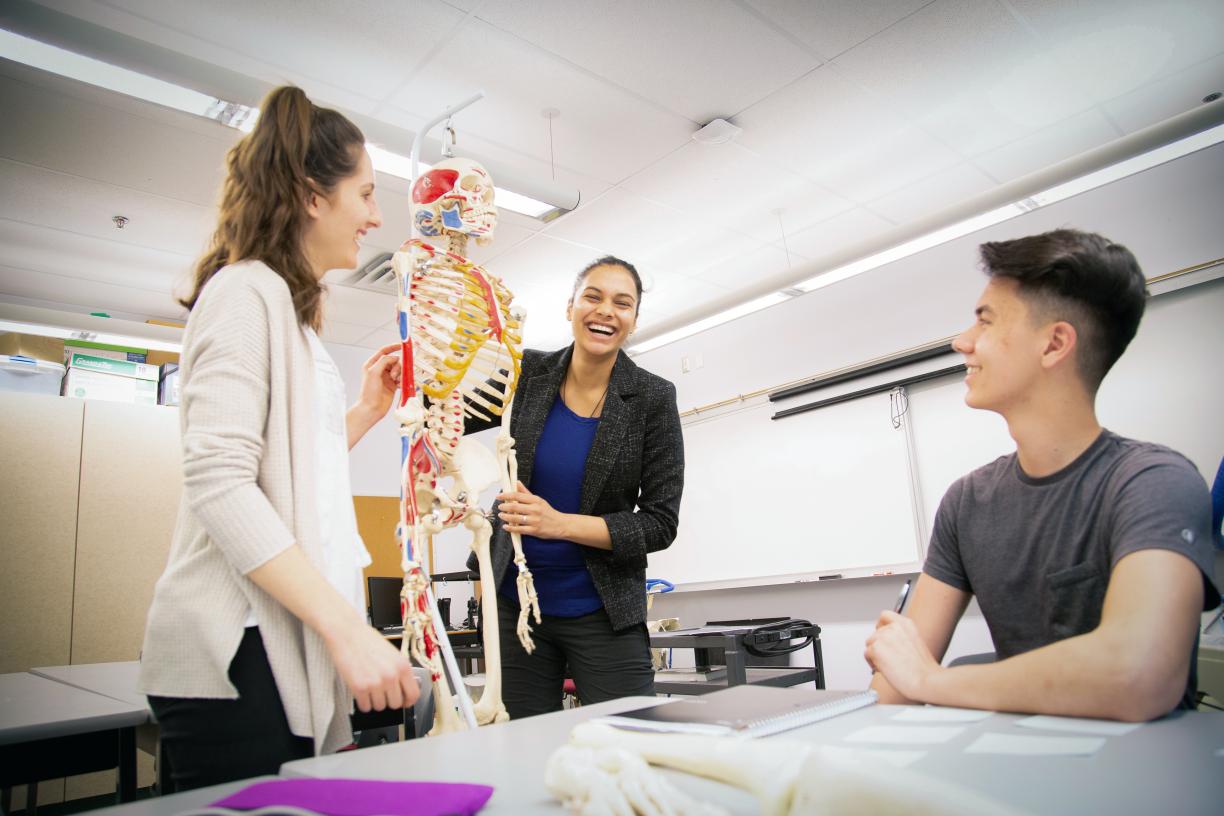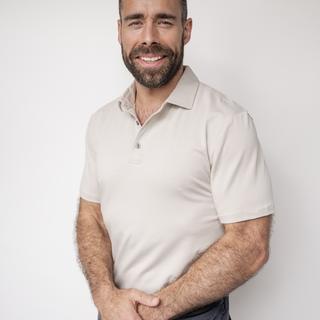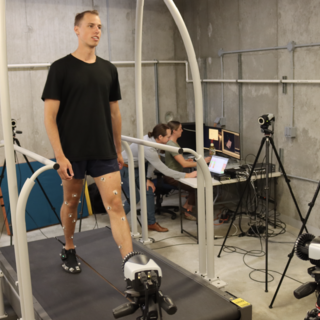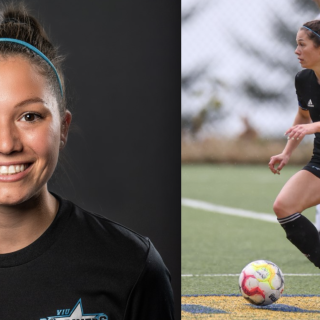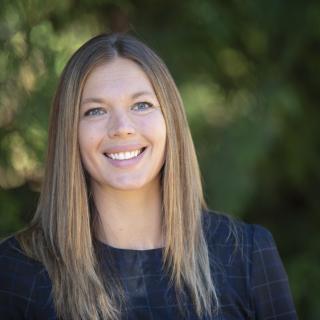VIU professor reflects on the progression of a Bachelor of Kinesiology degree as well as his own evolution as a teacher in the program over the past four decades.
Les Malbon, Professor of Kinesiology at Vancouver Island University (VIU) has fond memories of when he was a student in the Physical Education program in 1974 – when Malaspina College was operating out of the old Nanaimo hospital building on Kennedy Street.
“The primary focus back then was on anatomy and physiology and a first-year sport/physical education sociology course, plus a variety of experiential activity courses,” he says. “At the time most students including myself were interested in becoming teachers. Now there is a diverse stream of professional options students can pursue and course content has expanded to include rehabilitation sciences.”
In September 2020, VIU’s Bachelor of Arts in Physical Education became a Bachelor of Kinesiology (and Bachelor of Arts, Minor in Kinesiology), ushering in a new era for those interested in careers in health, rehabilitation, fitness and education.
Louis Mattar, Chair, Kinesiology Programs, says over the past 15 years more graduates have pursued professions in occupational, physical or massage therapy and chiropractic medicine, although the program still sees many students pursuing teacher education.
“Our definition of kinesiology is the art and science of human movement,” says Mattar. “Our course content is about human movement from a physical, social and psychological standpoint.”
Malbon says the new degree is an exciting change for the department and better reflects both the content now being taught in the program and student interests. He has been teaching in the program for more than 40 years, and his time at VIU will come to an end in a little over a year when he retires, yet his passion for teaching is still as strong as ever. He has helped develop both the Physical Education minor (in 2002) and the major (in 2006), assisted in the transition to Kinesiology (2020) and is now developing online activity courses in the Kinesiology program. In the future Malbon hopes to support the program as a sessional instructor.
“While all of this COVID crazy is happening, Les has shown students that you can adapt, learn and manage stress in ways you never thought you could,” says Mattar. “The material that he teaches is about the whole person.”
Malbon recently completed an international diploma recognized by UNESCO through the University for Peace in Costa Rica on The Earth Charter and Education for Sustainable Development. Inspired by the teachings and guiding principles of The Earth Charter, Malbon has designed a new course on nature, health and physical activity.
“The development of new courses gives us uniqueness as we branch out into different areas,” says Malbon. “What's been beautiful about my tenure is that as a lifelong student as well, I have evolved too. When I began it was all about sport and kinetics; now my pedagogical focus has broadened to a more holistic perspective that includes courses such as the health of the human spirit, local food sovereignty and sustainability, and the seven dimensions of wellness: intellectual, environmental, social, emotional, physical, occupational and spiritual health.”
The transition from Physical Education to Kinesiology began in 2016 following a program review and required approval from the BC Ministry of Advanced Education, Skills and Training, the Faculty of Education and VIU Senate.
“The evolution has been a slow progress, but it’s been nice to be able to examine what we’re offering and how to make sure we’re delivering the best program that we can which includes both the hard sciences and social sciences,” says Mattar.
“There is breadth, depth and diversity in our program,” adds Malbon. “As a department we continue to significantly grow in academic quality and our capacity to respond to the professional marketplace with an embedded culture of the region in which we live. The faculty have remained true to the program’s roots of smaller class sizes and meaningful relationships with students. I am grateful to work with incredible colleagues and teach remarkable students who have gone on to make positive contributions in their communities and the world.”
-30-
MEDIA CONTACT:
Annette Lucas, Communications Officer, Vancouver Island University
C: 250.618.7296 | E: Communications@viu.ca
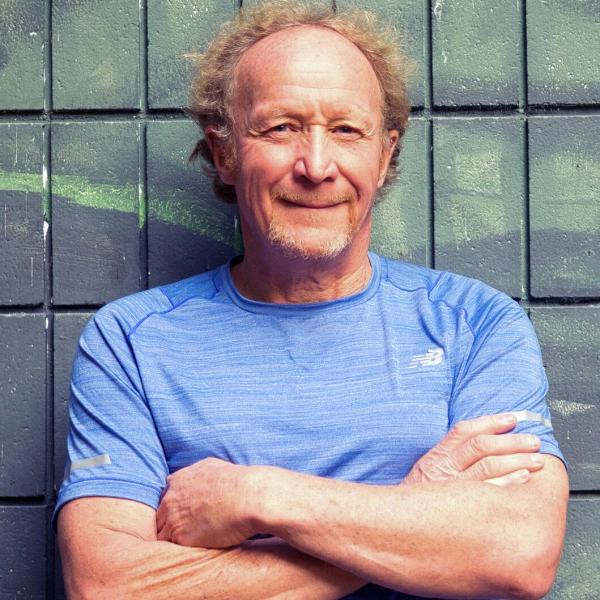
“The development of new courses gives us uniqueness as we branch out into different areas,” says Malbon. “What's been beautiful about my tenure is that as a lifelong student as well, I have evolved too. When I began it was all about sport and kinetics; now my pedagogical focus has broadened to a more holistic perspective that includes courses such as the health of the human spirit, local food sovereignty and sustainability, and the seven dimensions of wellness: intellectual, environmental, social, emotional, physical, occupational and spiritual health.”

